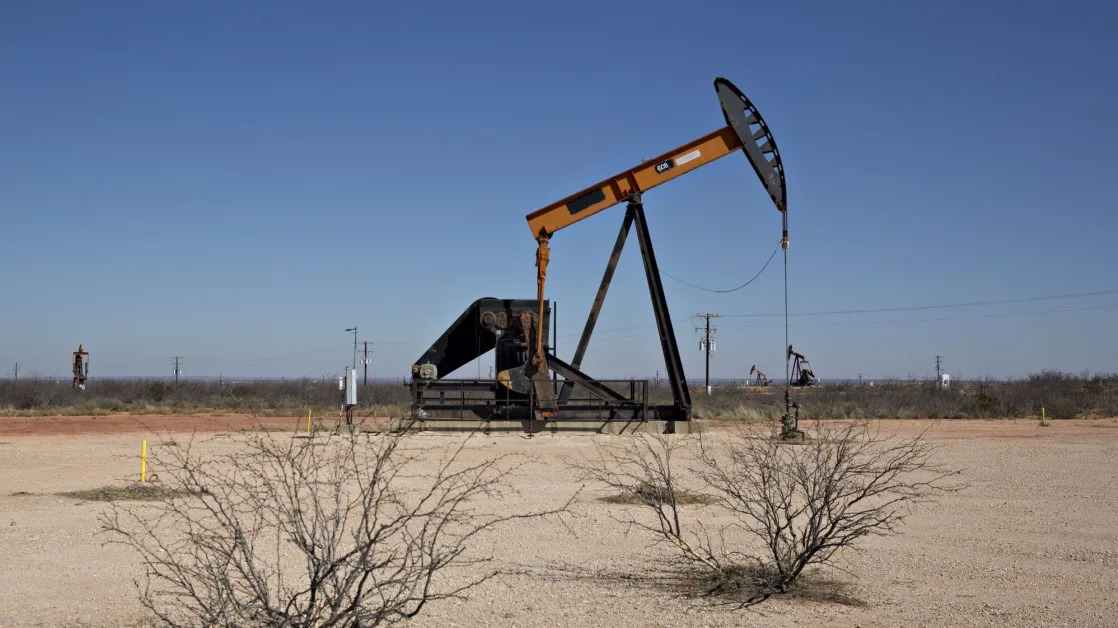(Bloomberg) -- The oil market is “still complacent” about the geopolitical risks posed by the prospect of heightened sanctions against Iran and Russia, said Bob McNally, president of Rapidan Energy Group.
“The next administration’s priority will be to leverage Iran’s vulnerability to oil sanctions and get to a deal” on nuclear activities, McNally said in a Bloomberg Television interview referring to the incoming Trump administration.
His firm expects a renewed maximum-pressure campaign from the US against Iran to take offline production of roughly 500,000 barrels per day. But a “whole-hog” effort could succeed in curtailing Iranian oil exports by 1 million to 1.2 million barrels per day, which would also remove the threat of oversupply forecast for the global crude market next year, according to McNally.
Iran said it will increase its nuclear fuel-making capacity after it was censured by the United Nations atomic watchdog, ratcheting up tensions with the West just days after it signaled a willingness to ease them. Iran’s earlier attempt at compromise was seen by some as an olive branch toward President-elect Donald Trump.
Now, with the watchdog on the clock to produce a report that can be used to revive UN sanctions, Trump has the potential to inflict more pain on the Persian Gulf nation’s economy than he did during his first term.
Oil prices in New York are up about 4% this quarter, trading near $70 a barrel, partly on increased global geopolitical tensions.
Trump will also likely persist with the current administration’s efforts to dampen Russian energy exports, McNally said.
A resolution to the Russia-Ukraine war might entail “an armistice, but no peace treaty, no ending of sanctions,” he said said. “If anything, sanctions are getting tighter, not looser.”
Tighter sanctions that limit global energy supplies might come at odds with Trump’s campaign pledge to reduce domestic gasoline prices by slashing regulations on US oil producers.
“The only option any US president has to increase oil supply is to call OPEC+ leadership and successfully convince them to open the taps,” McNally said.
“Believe me, I looked for the magic wand years ago,” he added, referring to his time as an energy adviser in the George W. Bush administration. “That is the only option the president has to increase supply. The US doesn’t have spare capacity.”


